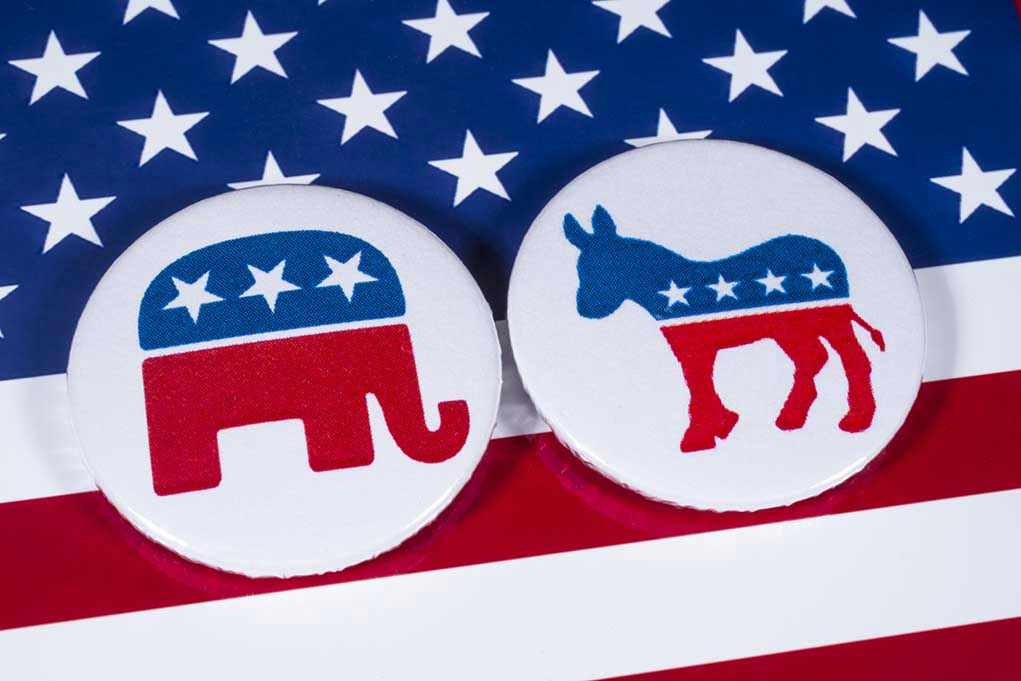
A new wave of Democrats registering as Republicans highlights the growing frustration with leftist policies.
Story Highlights
- Increasing numbers of Democrats are switching to the Republican Party.
- Perceived moral absolutism among leftists is driving this shift.
- Critics argue leftist self-righteousness justifies extreme actions.
- Polarization continues to divide Western democracies.
Growing Shift in Political Allegiances
In a significant political shift, many former Democrats are registering as Republicans, fueled by dissatisfaction with the perceived self-righteousness and moral certitude among left-wing activists. This trend, highlighted by recent events, reflects a broader frustration with policies seen as divisive or overreaching, particularly in areas like social justice and identity politics. Critics argue that the left’s conviction in the moral superiority of their causes has led to a justification of questionable actions.
The recent murder of conservative commentator Charlie Kirk has intensified these feelings, with some former Democrats citing the event as a turning point. The incident has sparked debates about the boundaries of acceptable activism and the consequences of moral absolutism. As polarization continues to rise, the shift in political allegiances could have significant implications for future elections and policy directions.
The Impact of Moral Certainty and Collective Narcissism
The concept of left-wing authoritarianism has gained traction among scholars, who see it as characterized by intolerance of dissent and a top-down approach to censorship. This dynamic is often fueled by a sense of collective narcissism, where groups believe their moral cause justifies extreme measures. Critics suggest that this mindset not only alienates potential allies but also escalates tensions between opposing ideologies.
Historically, leftist movements have championed universal human rights and social justice, viewing their causes as morally imperative. However, the rise of identity politics and intersectionality has intensified debates over speech and activism, leading to high-profile incidents of perceived overreach. The backlash against such tactics has been significant, with former Democrats expressing disillusionment with the perceived intolerance and hypocrisy within their former party.
Consequences and Future Implications
As more individuals shift their political allegiances, the landscape of American politics could undergo significant changes. Short-term effects include increased polarization and heightened rhetoric from both sides. In the long term, this could erode trust in institutions and challenge free speech norms, potentially leading to escalating cycles of justification and retaliation.
Broader societal impacts are also evident, with heightened division and reduced willingness to engage across ideological lines. Economically, industries affected by activism may face challenges, while politically, both parties may need to adjust their platforms in response to shifting voter bases. As debates continue over the legitimacy of certain tactics and the balance between moral conviction and tolerance for dissent, the future of political discourse remains uncertain.




